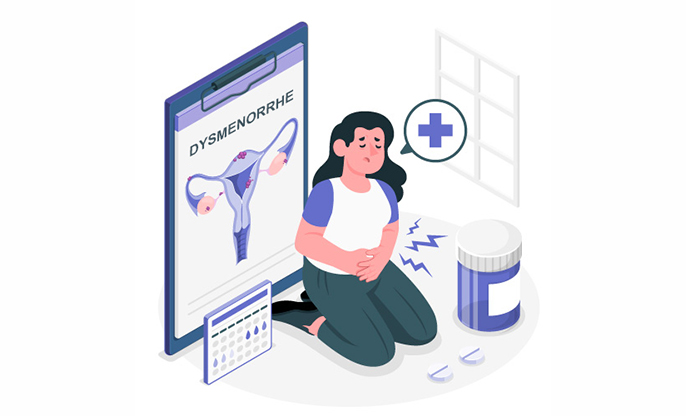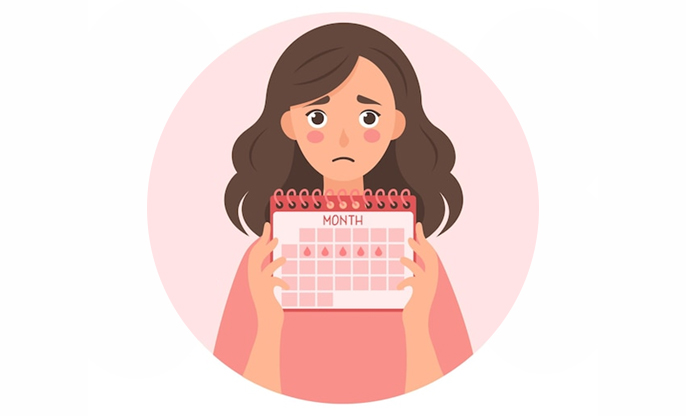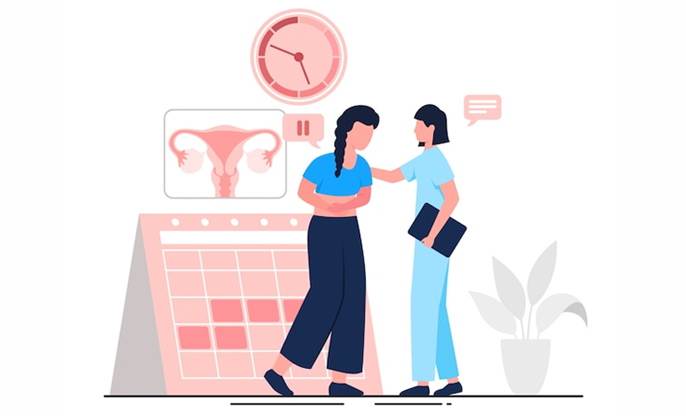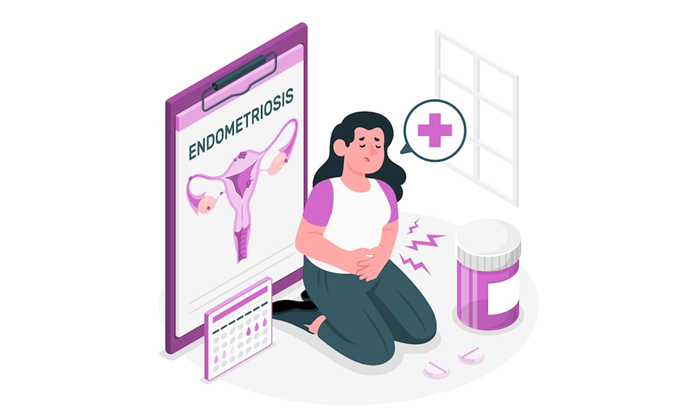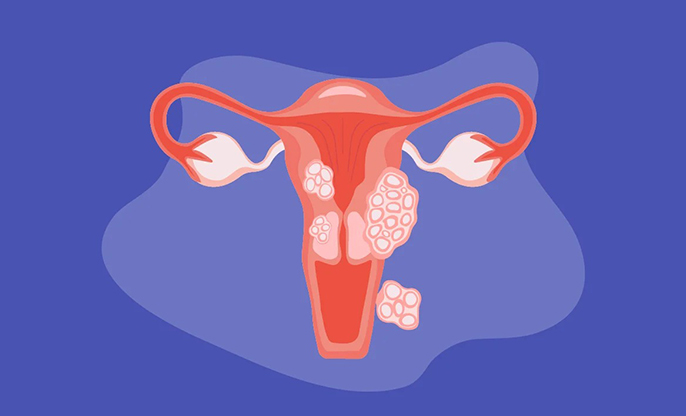
When Periods Feel Overwhelming
Menorrhagia, or extremely heavy menstrual bleeding, can feel like a relentless challenge that affects every aspect of your life, from your physical health to your emotional well-being. Knowing why it happens, how it can disrupt your daily routine, and what you can do to manage it, can help you regain control and improve your quality of life.
So, here’s your chance to grab all the knowledge!
Let’s begin…
Why You Might
Have Menorrhagia?
● Hormonal Imbalance: An
imbalance in hormones like estrogen and progesterone can cause your uterine
lining to thicken more than usual, leading to heavy bleeding.
● Uterine Fibroids and Polyps: These
are noncancerous growths that can cause more intense bleeding.
● Endometriosis: If you have
tissue like the lining of your uterus growing outside of it, your periods might
be both painful and heavy.
● Adenomyosis: This happens
when endometrial glands embed in the uterine muscle, often causing significant
bleeding and discomfort.
● Bleeding Disorders:
Conditions like Von Willebrand disease can prevent your blood from clotting
normally, resulting in excessive bleeding.
● Medications: Some medicines,
including anti-inflammatories and blood thinners, can increase menstrual
bleeding.
● Pelvic Inflammatory Disease (PID): An
infection in your reproductive organs can lead to heavier periods.
● Other Health Issues: Problems with your thyroid, liver, or kidneys, and some cancers, can also lead to menorrhagia.
How Menorrhagia
Might Affect You?
● Physical Health: You might feel
tired or short of breath if heavy bleeding leads to iron-deficiency anemia.
● Emotional and Mental Health: The
ongoing stress and discomfort of heavy periods can lead to feelings of anxiety,
depression, and a hit to your self-esteem.
● Social and Professional Life: Worrying
about leakage might make you skip out on social events or affect your
performance at work.
● Economic Impact: The cost of menstrual products, treatments, and doctor visits can add up and become a financial strain.
Options for
Managing Menorrhagia
● Medications: NSAIDs can
lessen blood loss. Hormonal treatments like birth control pills and
progesterone can help stabilize your menstrual cycle and reduce bleeding.
● Iron Supplements: These
might be needed to prevent or treat anemia from heavy bleeding.
● Minimally Invasive Procedures:
○ Uterine artery embolization: This
procedure targets fibroids by cutting off their blood supply.
○ Endometrial ablation: This
removes the lining of your uterus, which can lessen menstrual bleeding.
○ Myomectomy: This surgery
removes fibroids but keeps your uterus intact.
● Surgical Options: A
hysterectomy, which removes your uterus, is a definitive solution but is
usually the last resort.
● Alternative Therapies: Techniques like acupuncture and certain herbal treatments might offer relief, though you should discuss these with your doctor first.
When You Should
Seek Help?
If you're dealing with symptoms of menorrhagia, it’s important to see a healthcare provider. They can help figure out why you’re experiencing heavy bleeding and discuss the best treatment options with you. Getting help early can prevent more serious complications, enhance your day-to-day life, and help you maintain your overall health and well-being.
